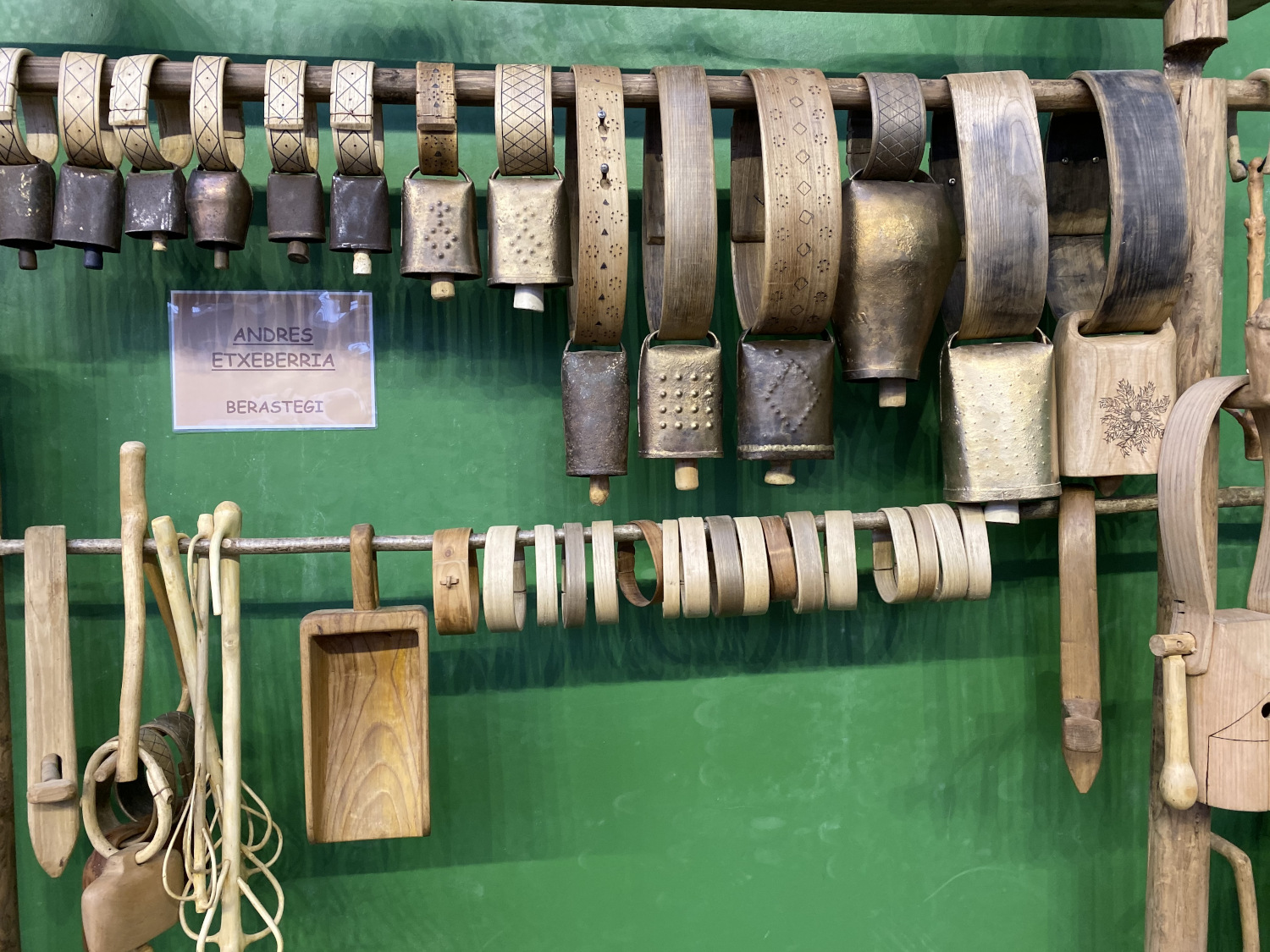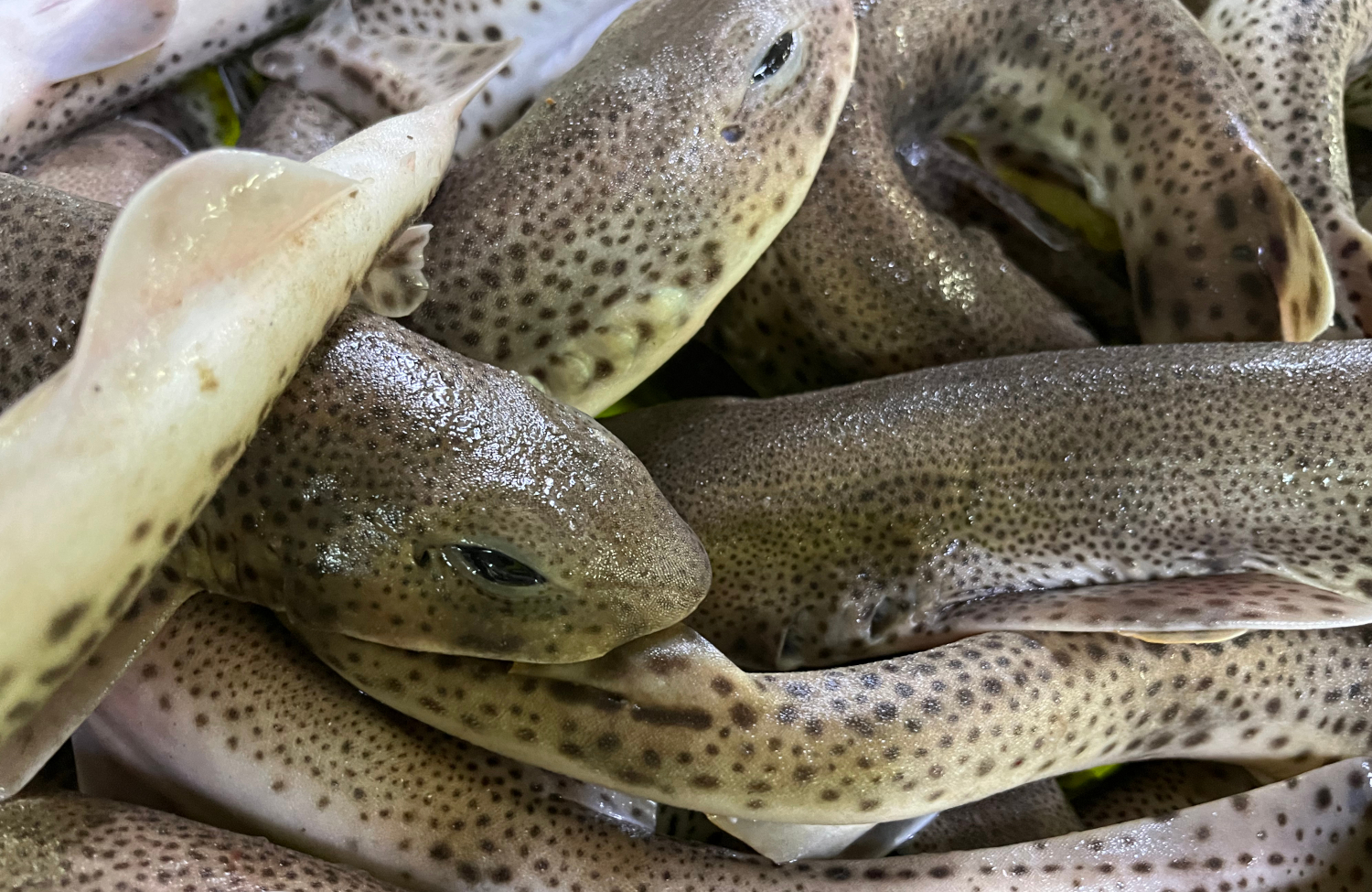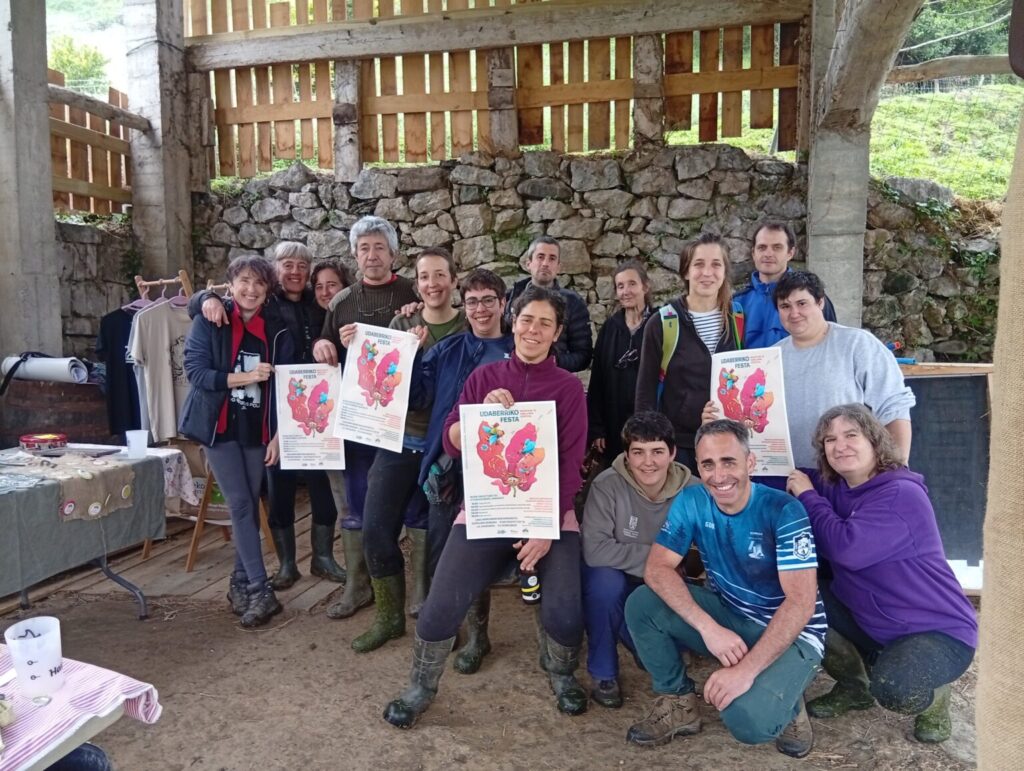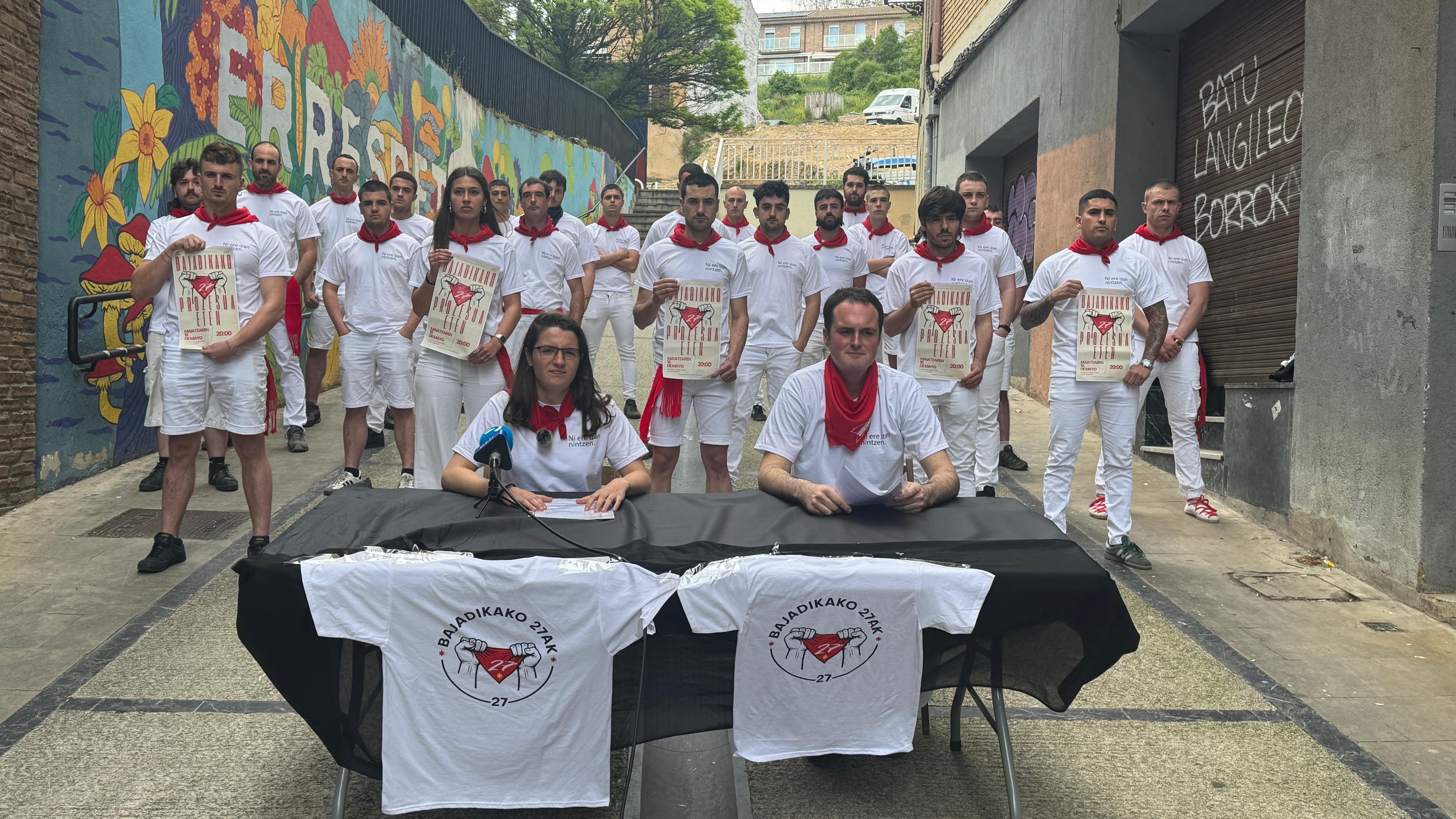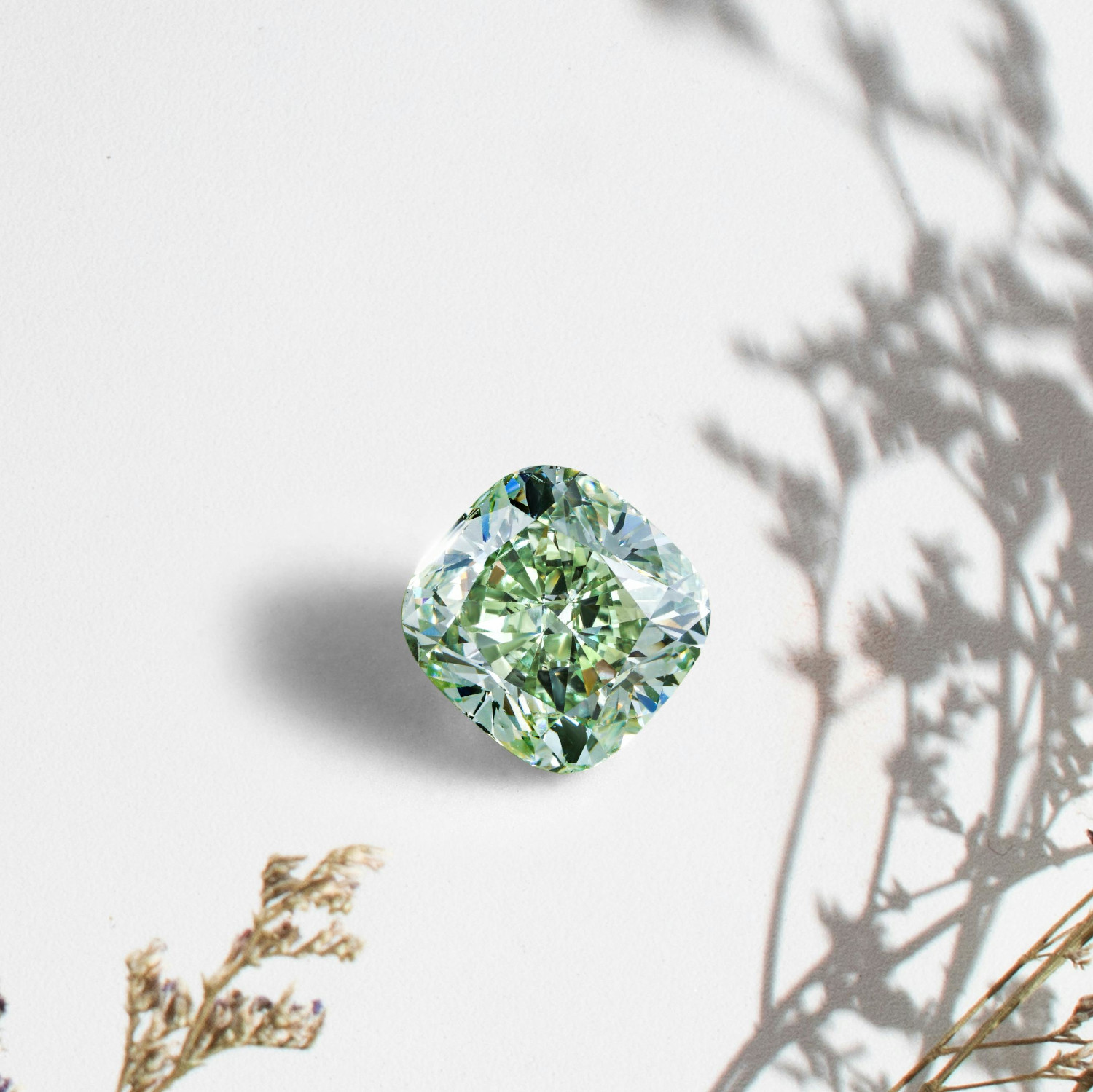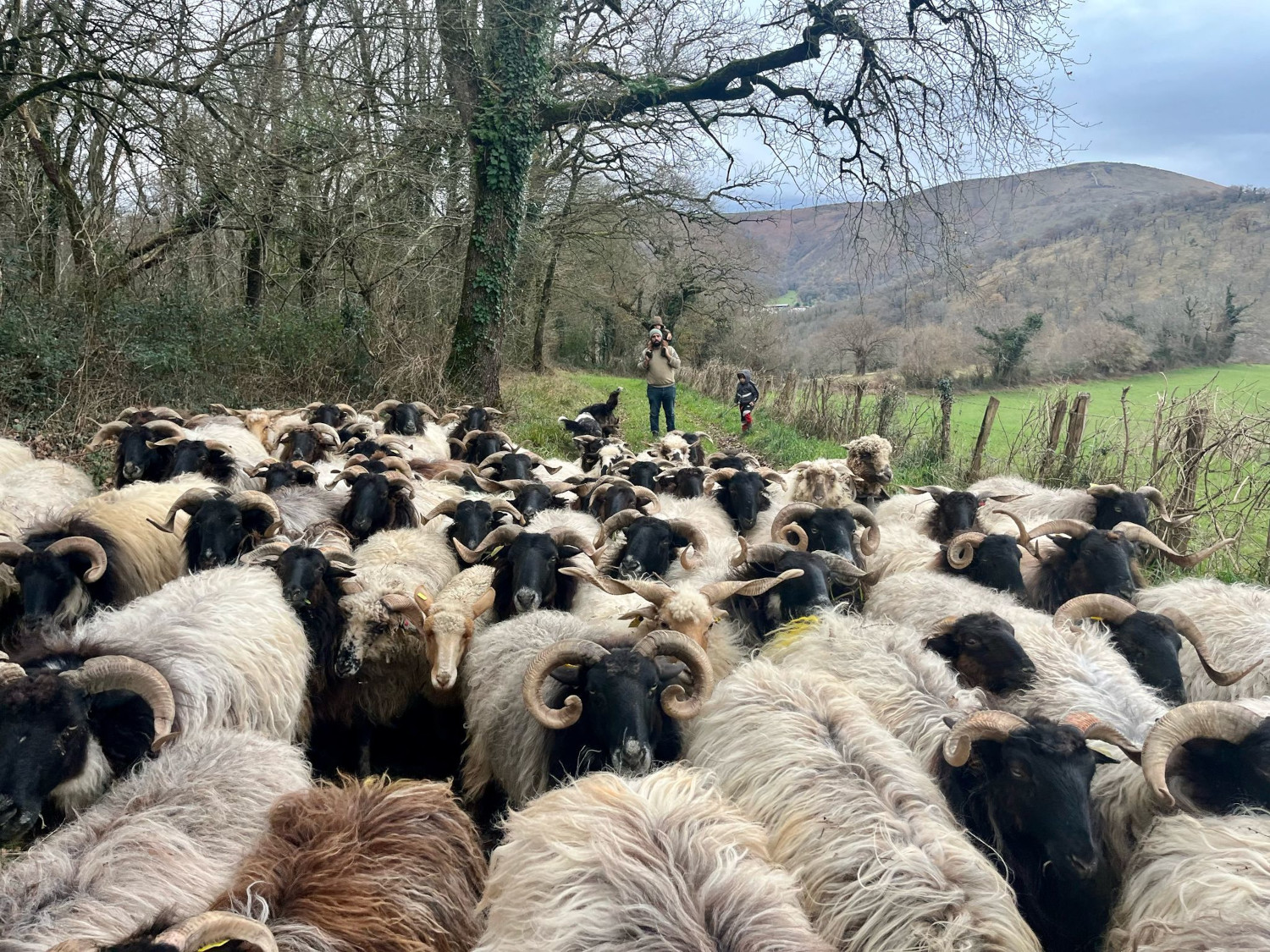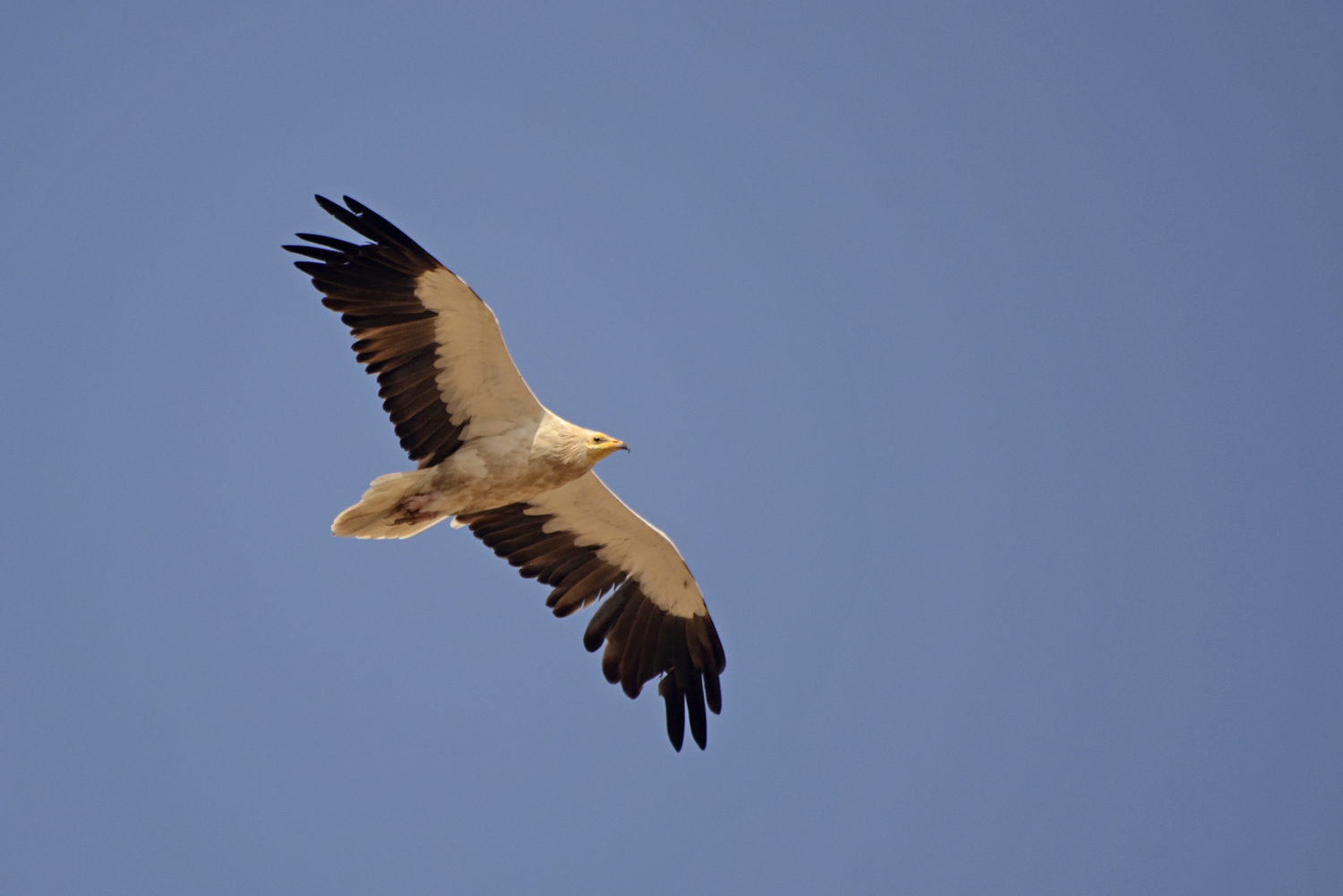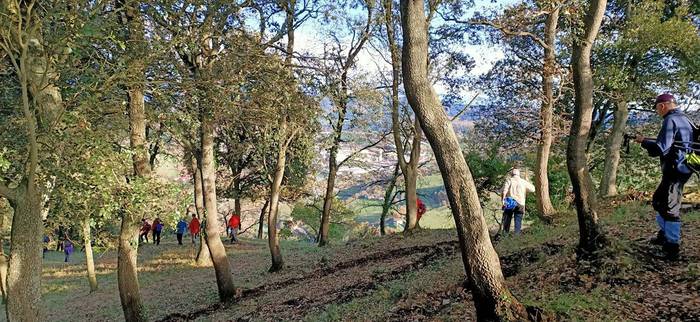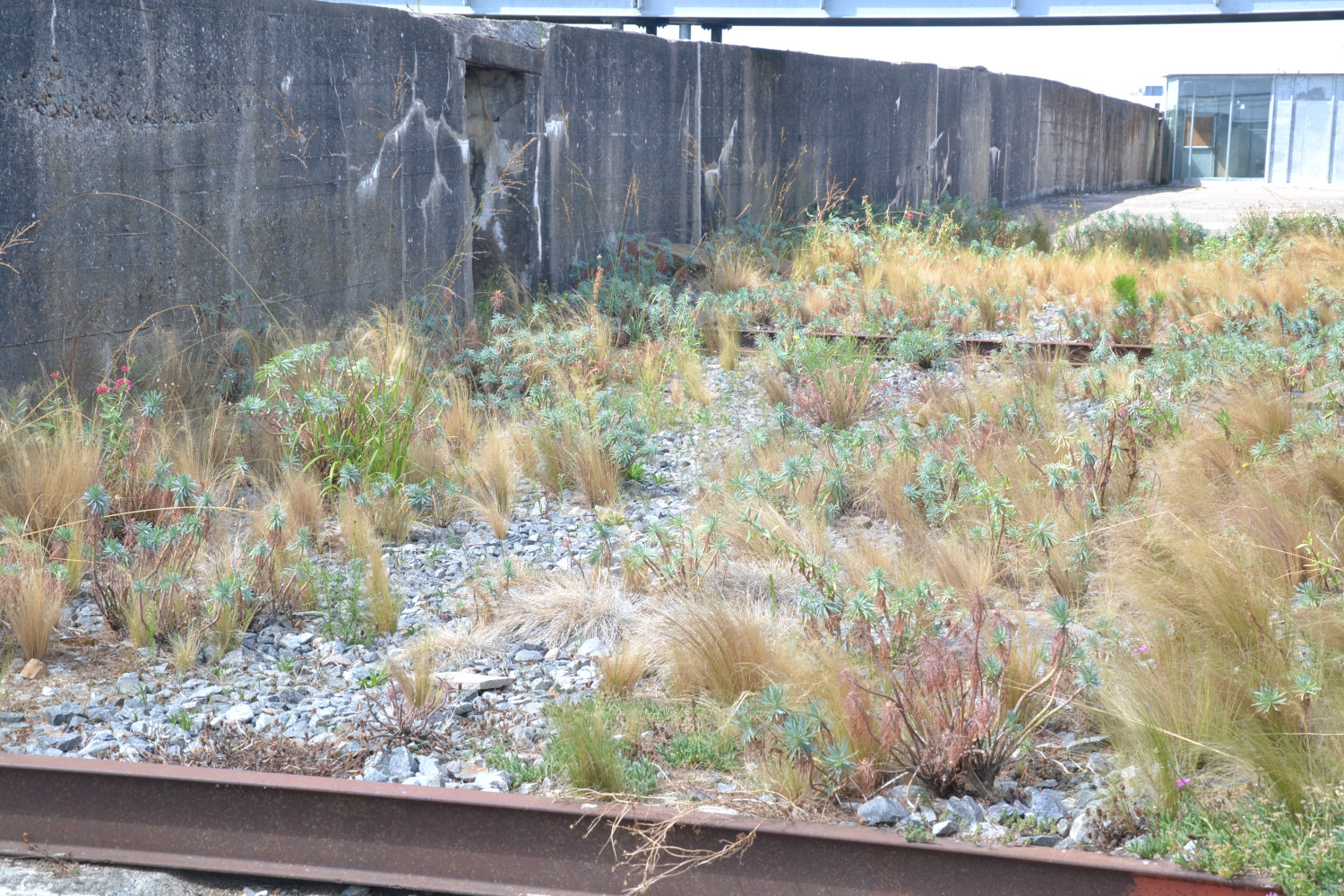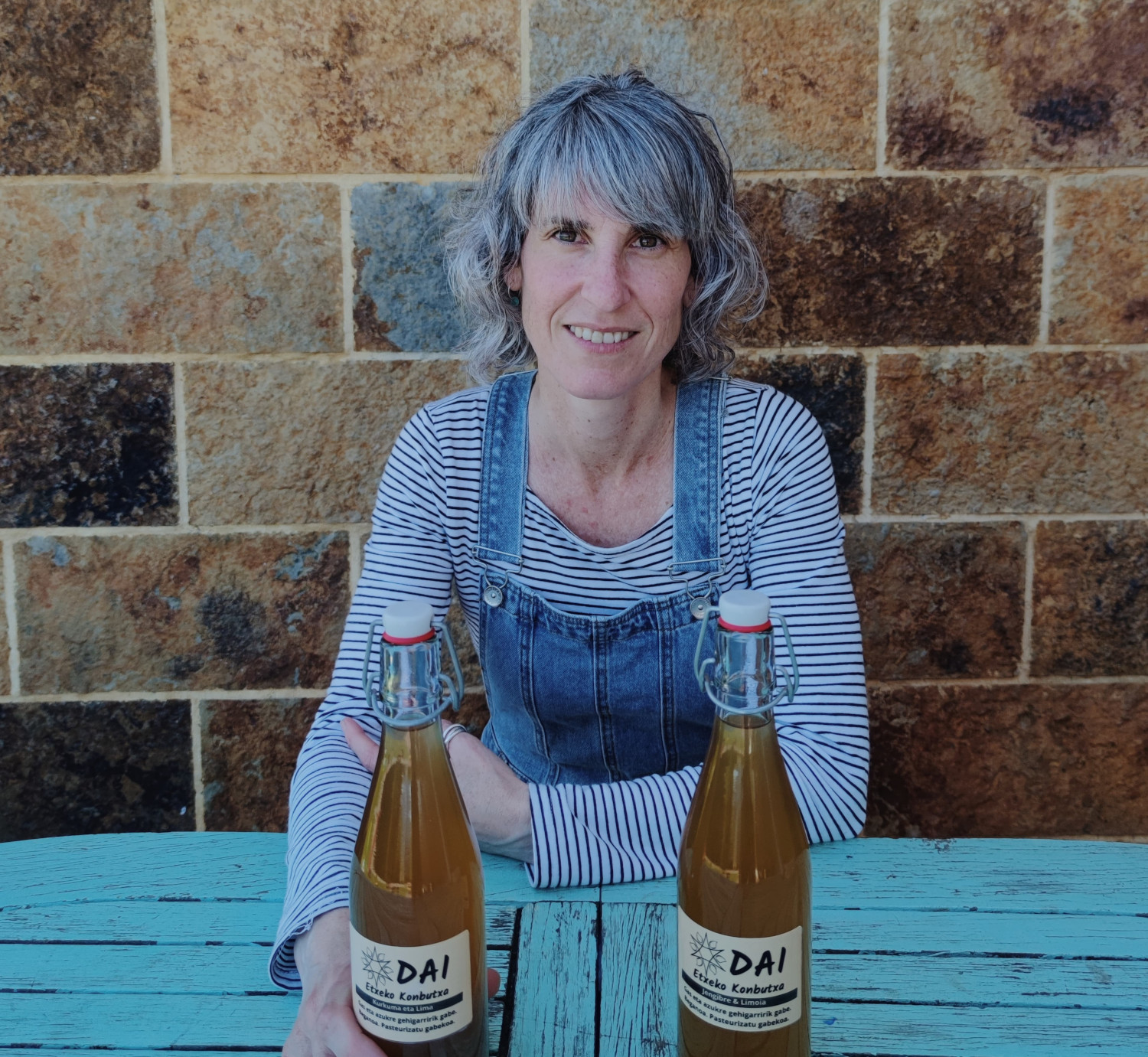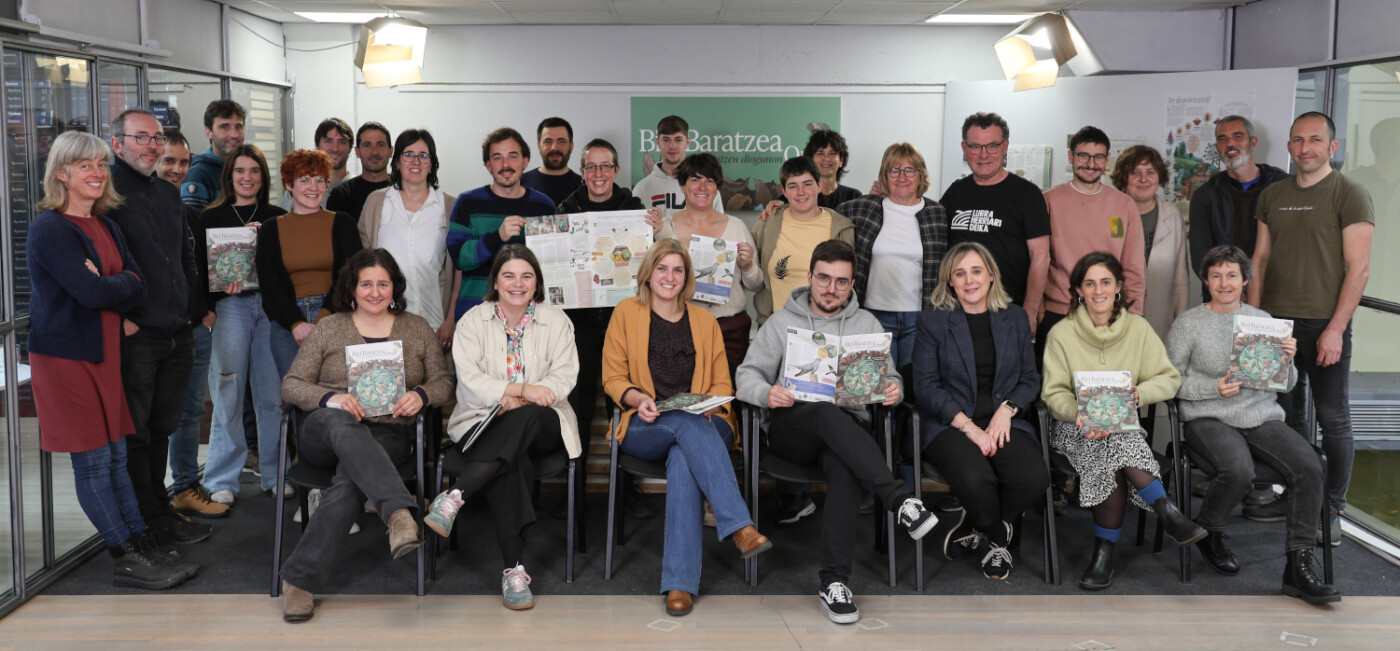Topo grass to expel from the orchard

Topos and mice, snakes and vipers, mice and lizards, spun and bats, ssits and sorbons, not forgetting the lily of the field, we can't see the animals around us. Some are right. For example, cauliflower (Brassica oleracea var. botrytis) A satan who bites through the department and kicks them off at the moment they're going to make their head. However, many others are fine collaborators, especially because they capture the enemies of the plants: snake, lizard, bat, sorbeltz, etc. There are also others who don't know what they do, like the mole.
The mole is carnivorous, it eats nothing but animalitos. At first they are friends for whom we want to protect plants: they will not eat them. But when they are forced to build underground galleries that complement their lives, all the delicate roots before them will collapse and crumble. And the main ingredient in your diet is the worm, yes, the worm that cures our lands. Therefore, is the topo “chincho” or “evil”?
Topo people have known enormous wars. At the beginning of the last century, in the belle époque (say it is a nice time), the burst of coats made with a thin topo skin spread from the heart of fashion (from Paris), to make a coat, a bagatela was needed, 600-800. He dedicated half a century to thousands of buhoners. They have also known a cold and constant war. In all sorts of traps, artifacts and topo traps. With the intention of delaying the topo, what has not been introduced or poured into the topo hole? Chopped Wire, Glass Piece, Clove, Beard Leaf, Sharp Iron, Rotten Fish, Burnt Oil, Naphthalene, Brea, Galpot, Tar, Sebum and Hot Grease, Formalin, Calcium Carbide, Strynin and Other Poisons, Smoke Bombs, Pyridine, Water...... Topos are protected in Germany and, when serious problems arise, they are captured and transferred elsewhere. He is rarely allowed to die.
At the ends of the iron barrels or the avellano sticks (Corylus avellana) are placed sonorizers or dancing bottles that produce vibrations in the subsoil to ruin the topo of its territory, which does not want to die. There are also plants performing this work: Datura estramonium, male lobster (Helleborus foetidus) and topo herb (Euphorbia lathyris). The latter is booming, increasingly seen in the boundaries of orchards. It's a poisonous plant, burnt by its milky sweat. Apparently, when he was bitten by the topo, his tip was burned and he was going back. It's a big plant, you can develop a meter, and because it has a big surtraik, it makes you give a big lap to the top if you want to avoid the burn.
The topo herb is elegant, surrounded by a long stem with blue acebo leaves, which looks over and places them in a cross shape. Although considered a biennium, it often flourishes in the same year. Like bees, many insects like this flower. The seeds that will come from there are in a three-foot capsule, and as if it were a space capsule, it doesn't need anyone to exploit and spread the seeds a few meters away.
In orchards, seagrass meadows, grass, stylish meadows, golf courses, etc., the topo is a heresy. Soak the vegetables, lift the plants, wipe the scylla, soak the moist grass, separate the leveled earth... There is, therefore, grass of topo in the surroundings;
Tartiku and tartakin are also called topo grass. Azkue has received the name of catherine and herb of Vidángoz de Roncal and what they said about him: "Coni hay all year round in the kenta flor, exar dein artio."








